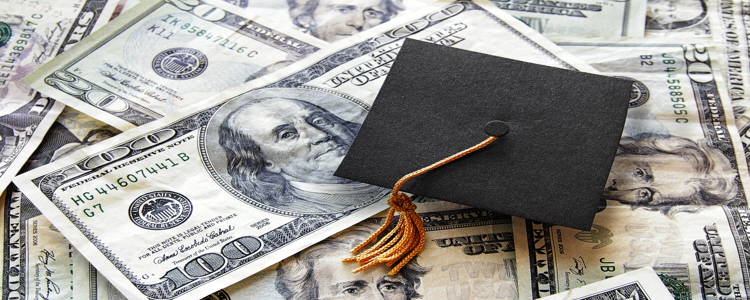 If your finances have gotten out of hand, you might wonder whether a Debt Management Program (DMP) or Chapter 13 bankruptcy is the best choice. While both can help reduce your debt, there are some differences. Today we'll show you the differences so you can make the best decision.
If your finances have gotten out of hand, you might wonder whether a Debt Management Program (DMP) or Chapter 13 bankruptcy is the best choice. While both can help reduce your debt, there are some differences. Today we'll show you the differences so you can make the best decision.
Debt Management Programs
With a Debt Management Program you work with a third party to establish a repayment plan with your creditors that lasts 3-5 years. This third party is often able to get your interest and other fees reduced. Each month you simply make one payment that is distributed among your creditors.
Unfortunately, scams are prevalent in the industry. The company may take advantage of you by charging high fees. Some companies have been known to take your money each month, without distributing any of it to your creditors. It's important to research any company that you consider using to ensure that they are a member of the Better Business Bureau.
Because the plan is voluntary, your creditors do not have to agree to it. You may still end up having to make payments to creditors that don't want to be included. It's also important for you to complete the plan as promised or you'll risk losing the benefits of the plan.
Chapter 13 Bankruptcy
Just like with a DMP, the repayment plan for Chapter 13 bankruptcy lasts 3-5 years. Your trustee may be able to get the amount of debt owed reduced, along with interest rates and fees. One payment is made to your trustee each month, who then distributes it among your creditors.
One main advantage of Chapter 13 bankruptcy is that because the trustee is appointed by the bankruptcy court, you don't have to worry about fraud. Another advantage is that as soon as you begin the bankruptcy process, the automatic stay policy goes into effect, which will prevent your creditors from foreclosing or repossessing property. You will have to pay the loans on this property if you intend to keep it.
Most of your debts will be included in your bankruptcy, and will be paid based on what type of debts they are. Debts such as student loans, child support and criminal penalties are not included, so you will still have to pay them on your own. If you are unable to repay your plan as promised, you may have options such as modifying your plan, requesting a hardship discharge or converting to Chapter 7 bankruptcy.
Rebuilding Your Credit
No matter whether you go with a Debt Management Program or Chapter 13, you should attend credit counseling and debtor education classes. Although they aren't always required for the DMP, they will help you learn how to avoid getting into a difficult financial situation in the future. You will also need to rebuild your credit, and one of the best ways is by obtaining second chance car financing through a company like BankruptcyAutoFinancing.com.
Remember we are not lawyers and cannot give legal advice. The situations discussed are only our experiences over the years and may vary with each customer.






















